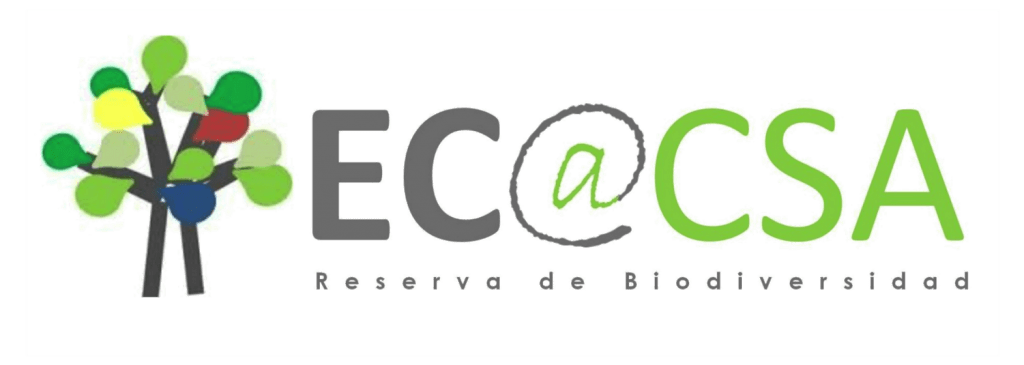
Image: Pixabay

- Natural Capital Factory
- No Comments
The LIFE Institute has launched the development of a sustainable territorial management standard in collaboration with a multitude of stakeholders. The objective is to facilitate decision-making on the management of the territory -both at urban and rural level- that affects the state of natural capital, in order to ensure connectivity among environments and ecological integrity in large scale which are essential for maintaining economy and productive systems, as well as our existence as society.
Dealing efficiently with important challenges we face on our path to sustainability while ensuring human well-being -such as reducing deforestation, food security, controlling pests and diseases and urban sustainability, among others- requires long-term strategies and the involvement of many actors, given that they exceed individual or organizational capacity when dealing with them.
In this sense, relevant ecological processes that occur in territorial level and exceed limits of farms- and even entire cities – have to be analyzed at the scale and with the appropriate degree of precision so that they offer opportunities for the convergence of actions with social, economic and environmental positive results for territorial sustainability.
To respond to this need, the Brazilian institute team is working with different technical and scientific committees, networks of specialists and multidisciplinary and inter-institutional working groups, academia, governments, civil society and private sector to develop a standard that assesses sustainability in the management of the territory. The standard will offer valuable information on the different thematic areas on which its development is based and following the four aspects of sustainability: social, economic, environmental and cultural.
The main objectives of the standard, which can be applied worldwide, are that they can be used to:
- Diagnosis, planning or evaluation in the search for solutions capable of curbing the decline in ecosystem services.
- Identify and strengthen the roles of local actors.
- Recognize, disseminate and create synergies between good practices and initiatives implemented.
- Guide decisions related to public and private investments.
Address, in an integrated way, environmental services and its relation to human well-being and society.
In order to gather and mobilize organizations and specialists who are working in this area, the International Network on Sustainable Territorial Management is being created. If you are interested in participating as an expert by contributing your knowledge, suggestions, concrete examples, etc., fill in the following form. Four webinars will take place in 2020 and an additional one is planned for 2021. In the following link, you have more information.
Report of the results of the first public consultation
The Instituto LIFE has published the results of the first public consultation of the International Standard on Sustainable Territorial Management. Close to 200 comments from 52 institutions from nine countries were received, which shows a great interest and demand by part of society for a Standard such as this.
In addition to the English version of the report, there is an edition translated into Portuguese.
Source: LIFE Institute.
Share this post

El Instituto Life ha puesto en marcha el desarrollo de un estándar de gestión territorial sostenible en colaboración con multitud de stakehoders. El objetivo consiste en facilitar la toma de decisiones sobre la gestión del territorio —tanto urbano como rural— que afectan al estado del capital natural, con el fin de favorecer actuaciones que favorezcan la conectividad e integridad ecológicas de los distintos entornos y asegurar así el sostenimiento de los ecosistemas naturales y, consencuentemente, de la economía y la sociedad.
Lidiar de manera eficiente con importantes retos a los que nos enfrentamos en nuestro camino hacia la sostenibilidad mientras garantizamos el bienestar humano —como la reducción de la deforestación, la seguridad alimentaria, el control de plagas y enfermedades y la sostenibilidad urbana, entre otros— requiere estrategias a largo plazo y la implicación de muchos actores, dado que sobrepasan la capacidad individual u organizacional a la hora de hacerles frente.
En este sentido, procesos ecológicos relevantes que suceden en niveles territoriales y sobrepasan los límites de propiedades —e incluso de ciudades enteras— han de analizarse a la escala y con el grado de precisión adecuado para que ofrezcan oportunidades para la convergencia de acciones con resultados sociales, económicos y ambientales positivos para la sostenibilidad territorial.
Para dar respuesta a esta necesidad, el equipo del instituto brasileño se ha puesto manos a la obra con distintos comités técnicos y científicos, redes de especialistas y grupos de trabajo de carácter multidisciplinar e interinstitucional, de la academia, gobiernos, sociedad civil y sector privado para elaborar un estándar que evalúe la sostenibilidad en la gestión del territorio. El estándar ofrecerá información valiosa sobre los distintos ejes temáticos en los que se sustenta su desarrollo y en función de las cuatro vertientes de la sostenibilidad: social, económica, ambiental y cultural.
Los principales objetivos del estándar, que podrá aplicarse en todo el mundo, consisten en que puedan ser utilizados para:
Diagnóstico, planificación o evaluación en la búsqueda de soluciones capaces de frenar la disminución de los servicios ecosistémicos.
Identificar y fortalecer las funciones de los actores locales.
Reconocer, divulgar y crear sinergias entre las buenas prácticas y las iniciativas implementadas.
Orientar decisiones relacionadas a las inversiones públicas y privadas.
Abordar de manera integrada, los servicios de la naturaleza y sus relaciones con el bienestar humano y la sociedad.
Con el fin de reunir y movilizar organizaciones y especialistas que están trabajando en esta materia, se está creando la Red Internacional de Gestión Territorial Sostenible. Si estás interesado en participar como experto aportando tu conocimiento, sugerencias, ejemplos concretos, etc., rellena el siguiente formulario. En 2020 está prevista la realización de cuatro webinarios y uno adicional en 2021. En el siguiente enlace, dispones de más información.
Fuente: Instituto Life.




No Comments